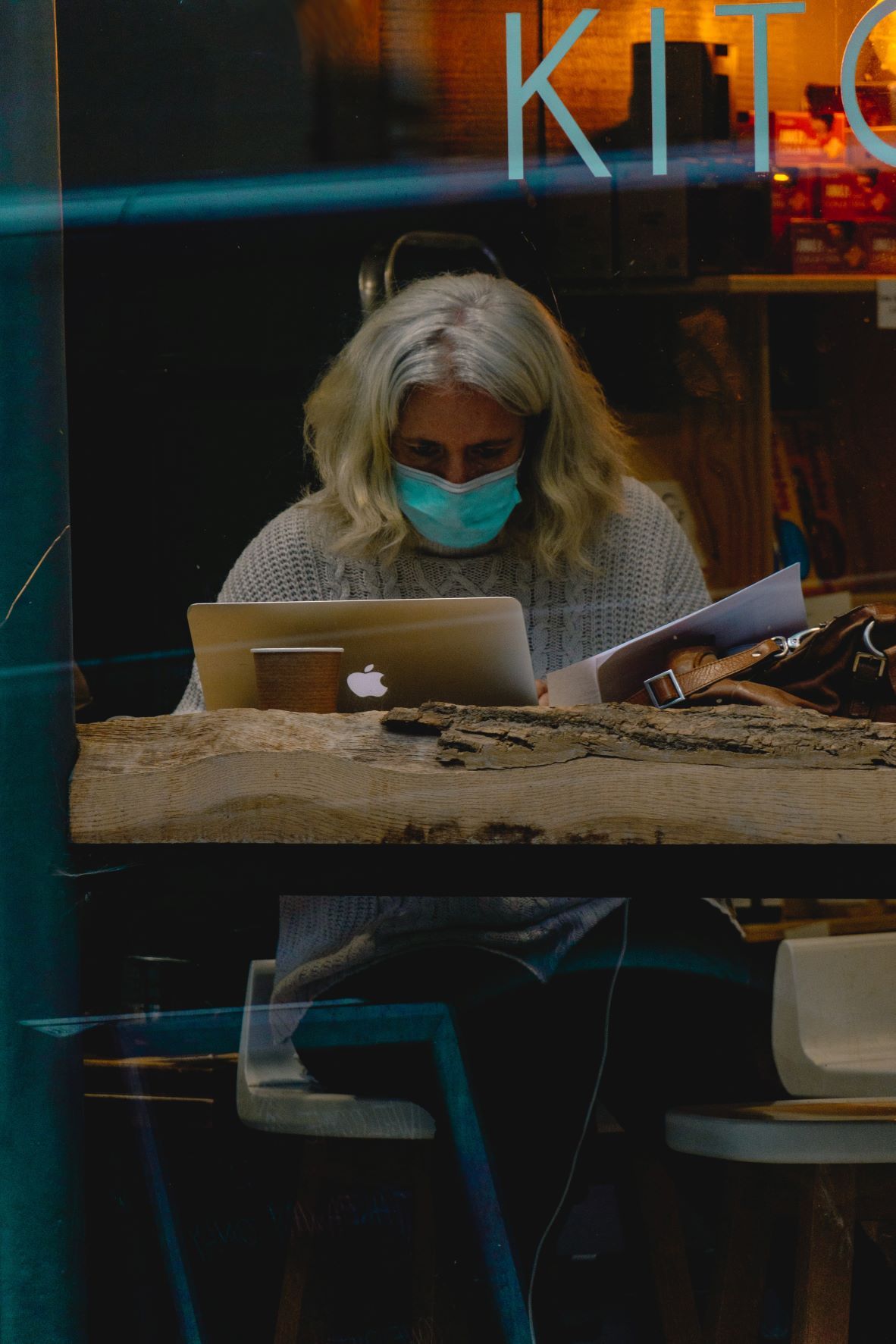
Covid as an industrial disease: What it would mean for workers in Wales
The Industrial Injuries Advisory Council (IIAC) is considering recommending that Covid is classed as an industrial disease. If the UK government accepted this recommendation workers with long term physical conditions caused by Covid could receive the Industrial Injuries Disability Benefit - which is worth up to £180 a week.
Furthermore, if IIAC made such a recommendation it would strengthen the case of workers seeking financial compensation for long term physical conditions caused by catching Covid at work.
Wales is moving towards relaxing Covid safety rules at work. However, the news that Covid could be classed as an occupation disease is a reminder that employers have a duty to keep their workers safe.
Challenges lie ahead before Covid is officially recognised as an industrial disease. After a recommendation from the Council, Ministers and officials from the Department of Work and Pensions also have to agree, before the recommendation is finally approved by Parliament.
There is a particular challenge for Covid with more data needed to demonstrate that large numbers of workers did contract the disease at work. The Council must prove that it is more likely than not that the infection was caught as a result of being at work.
However, data on occupational health in Wales is not of a high quality. For example, neither health care providers nor coroners are required to note a person’s occupation. This makes it harder to track the links between certain jobs and the risk of contracting Covid or any other disease.
Currently, the data is clearest for health and care workers. For this reason, it is likely that any initial recommendation will only apply to workers in this sector.
Another challenge is the definition of disability linked to the Industrial Injuries Disability Benefit. It is easier for the system to deal with clearly defined chronic long term physical conditions. Conditions which come and go and which are related to neurological matters, like fatigue and brain fog, are much more difficult.
Doug Russell, the national health and safety officer for Usdaw, the retail and distribution union, argues that Covid is an occupational disease and should be classified as such. Doug is one of three trade union members on the IIAC.
What other support might be available to support people who contracted Covid at work? The UK All-Party Parliamentary Group on Long Covid is advocating a distinct scheme to provide support to this group. In Scotland Mark Griffin, MSP is bringing forward legislation to introduce a similar Scottish scheme. This would introduce an updated version of the Industrial Injuries Disability Benefit which better reflects modern occupational diseases which have a link to the nervous system.
Other countries such as Belgium have introduced benefits to support people who caught Long Covid, although their systems are set up differently to Britain’s and rely on expensive individual assessments.
In the Senedd, an All-Party Long Covid group has recently been established and we have called on them them to look at Scottish proposals and to press coroners to ensure that people’s occupations are recorded.
Steps must be taken to improve the provision of occupational healthcare across Britain. We could learn a great deal from Finland. The Fins have a world class occupational health system. According to the Finnish Occupation Safety and Health Administration, every employee is entitled to occupational health care regardless of the nature and duration of the employment relationship and with the aim of supporting workers throughout their career.
By improving occupational health systems, Welsh government and employers can better support workers to stay fit and healthy and productive. What’s more, many of the failings in the collection of relevant data in Wales could also be addressed.
References:
Covid-19 and occupation: IIAC position paper 48
Occupational Safety and Health Administration (Finland)
Long Covid: MPs call for compensation for key workers - BBC News
